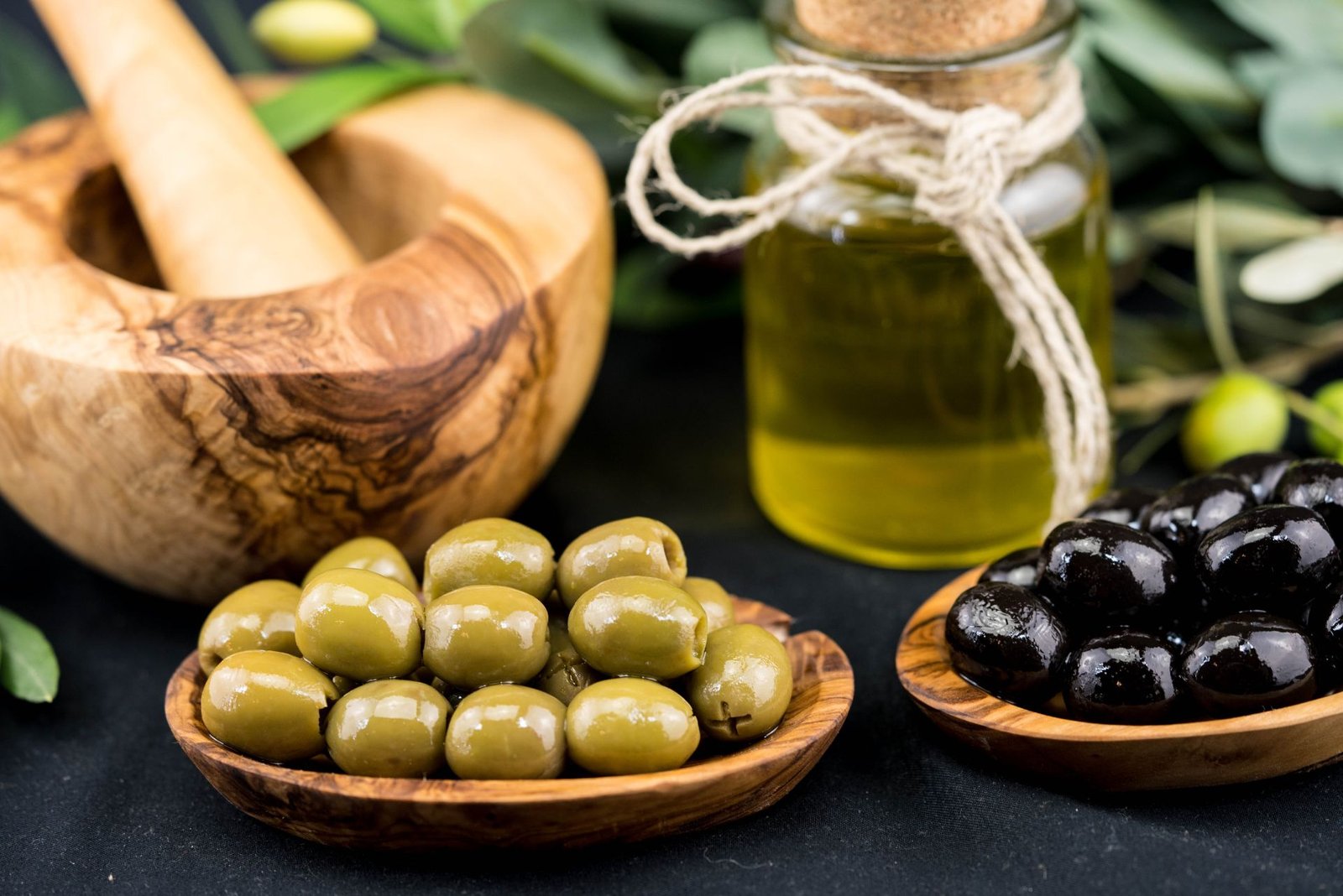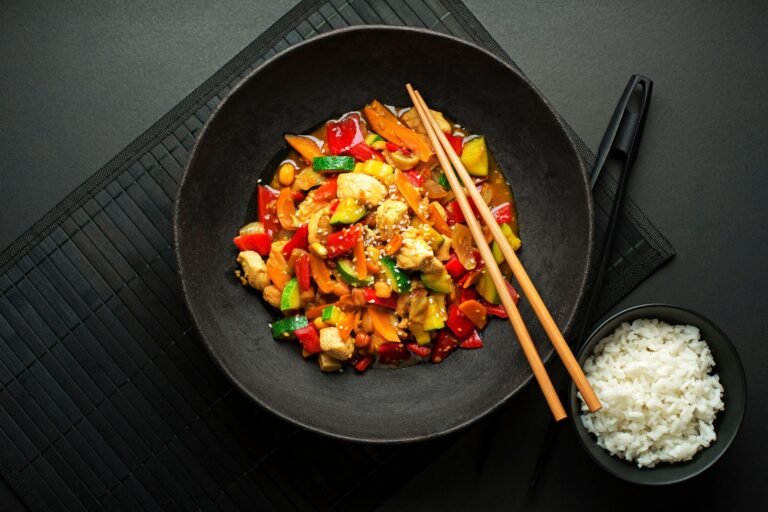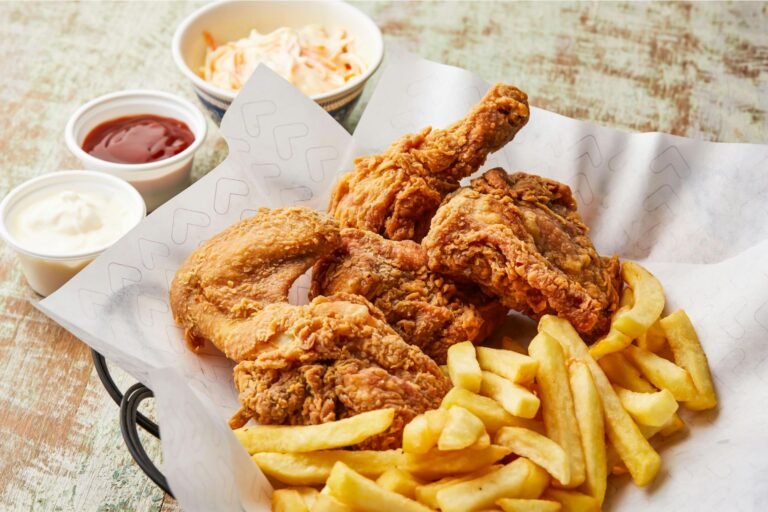Where to Buy the Best Saudi Olives and Olive Oil in Riyadh: Types, Uses & Prices 2025
Olive cultivation in Saudi Arabia, especially in regions like Al-Jouf and Tabuk, is rapidly gaining global recognition. Thanks to innovative farming techniques and favorable climatic conditions, Saudi Arabia has transformed vast desert lands into flourishing olive groves. The Kingdom’s olive industry not only supports local food security and economic diversification but also produces high-quality olives and olive oil that rival traditional Mediterranean producers.
This comprehensive guide explores the different types of olives cultivated in Saudi Arabia, their uses, pricing trends, and the best places in Riyadh to buy premium olives and olive oil in 2025.
Olive Cultivation in Saudi Arabia: An Overview
Saudi Arabia’s olive cultivation primarily thrives in the northern regions of Al-Jouf and Tabuk, where the Mediterranean-like climate and irrigation from subterranean water reserves create ideal conditions for olive trees. The Kingdom boasts over 23 million olive trees, making it home to one of the largest organic olive orchards in the world.
Key facts:
- Al-Jouf region produces about 67% of Saudi Arabia’s olive oil, with over 16,000 olive farms and 30 modern olive oil presses.
- Olive farming is a pillar of Saudi Vision 2030, promoting sustainable agriculture, food security, and economic diversification.
- Saudi olive oil and table olives are increasingly exported to countries like Spain, Switzerland, UAE, Bahrain, and Kuwait.
Types of Olives Cultivated in Saudi Arabia
Saudi Arabia cultivates several olive varieties, each with unique characteristics suited for different uses such as oil production or table consumption.
| Olive Variety | Description | Primary Use | Flavor Profile |
|---|---|---|---|
| Arbequina | Small fruit, early ripening, high oil yield | Olive oil production | Fruity, mild, buttery |
| Arbosana | Medium size, high oil content | Olive oil production | Sweet, delicate, slightly peppery |
| Nabalie | Large fruit, traditional variety | Table olives & oil | Balanced, slightly bitter |
| Souri | Medium size, drought-resistant | Table olives & oil | Rich, fruity, slightly spicy |
| Kalamata | Dark purple, elongated shape | Table olives | Bold, tangy, fruity |
These varieties are grown using intensive and organic farming techniques to maximize yield and quality while conserving water and soil health.
Uses of Saudi Olives and Olive Oil
Olives and olive oil produced in Saudi Arabia serve multiple purposes:
1. Table Olives
- Served as appetizers or snacks, often marinated with herbs, spices, or lemon.
- Popular in traditional Saudi meals and Middle Eastern cuisine.
- Available in green, black, and pickled forms.
2. Olive Oil
- Used for cooking, frying, and salad dressings.
- Known for its health benefits, rich in antioxidants and healthy fats.
- Premium extra virgin olive oil is prized for its flavor and nutritional value.
3. Cosmetic and Medicinal Uses
- Olive oil is an ingredient in skincare and haircare products.
- Traditionally used in natural remedies for skin hydration and anti-inflammatory effects.
Prices of Olives and Olive Oil in Saudi Arabia and Riyadh
Prices vary depending on the type, quality, and packaging of olives and olive oil. Here’s an overview of typical price ranges in Riyadh markets and specialty stores in 2025:
| Product Type | Price Range (SAR) per kg or liter | Notes |
|---|---|---|
| Fresh Table Olives | 30 – 80 SAR per kg | Depends on variety and processing |
| Pickled Olives | 25 – 60 SAR per jar (500g) | Flavored or plain |
| Extra Virgin Olive Oil | 60 – 150 SAR per liter | Premium cold-pressed oils |
| Organic Olive Oil | 100 – 200 SAR per liter | Certified organic, high quality |
| Olive Oil Gift Sets | 150 – 400 SAR | Includes multiple bottles or accessories |
Where to Buy the Best Olives and Olive Oil in Riyadh
Riyadh offers a variety of options for purchasing premium Saudi olives and olive oil, ranging from specialty stores to upscale supermarkets and online platforms.
| Store/Market Name | Location | Features |
|---|---|---|
| Al-Jouf Olive Market | Al Olaya District | Direct from Al-Jouf farms, fresh and organic |
| Tamimi Markets | Multiple locations | Wide selection of local and imported olives |
| Danube Supermarket | Various branches | Premium olive oils, organic options |
| Nadec Store | Riyadh City Center | Saudi brand, organic and conventional oils |
| Online Retailers | Websites & apps | Convenient delivery, wide product range |
| Souq Al Thumairi | Historic Diriyah area | Traditional markets, artisanal olive products |
Tips for Buying Quality Olives and Olive Oil
- Check the harvest date: Fresher olives and oils retain better flavor and nutrients.
- Look for certifications: Organic and quality seals ensure authenticity.
- Taste before buying: Many specialty stores offer tastings.
- Store properly: Keep olive oil in a cool, dark place to preserve freshness.
- Buy from trusted sources: Saudi brands like NADEC and Al-Jouf producers have strong reputations.
Summary Table: Saudi Olive Varieties, Uses, and Prices
| Olive Variety | Primary Use | Flavor Profile | Price Range (SAR) per kg or liter |
|---|---|---|---|
| Arbequina | Olive oil | Mild, buttery | 60 – 150 (oil) |
| Arbosana | Olive oil | Sweet, peppery | 60 – 150 (oil) |
| Nabalie | Table olives & oil | Balanced, bitter | 30 – 80 (olives), 60 – 150 (oil) |
| Souri | Table olives & oil | Fruity, spicy | 30 – 80 (olives), 60 – 150 (oil) |
| Kalamata | Table olives | Bold, tangy | 30 – 80 (olives) |
FAQs
Q1: What are the main olive-growing regions in Saudi Arabia?
A1: Al-Jouf and Tabuk are the primary olive-growing regions in Saudi Arabia.
Q2: Which olive varieties are most common in Saudi Arabia?
A2: Arbequina, Arbosana, Nabalie, Souri, and Kalamata are commonly cultivated.
Q3: Where can I buy authentic Saudi olive oil in Riyadh?
A3: Authentic Saudi olive oil is available at Tamimi Markets, Danube, Nadec stores, and specialty markets like Al-Jouf Olive Market.
Q4: Are Saudi olives organic?
A4: Many farms in Al-Jouf use organic and sustainable farming techniques, and certified organic olive oil is available.
Q5: What is the price range for premium olive oil in Riyadh?
A5: Premium extra virgin olive oil typically costs between 60 and 200 SAR per liter.
Q6: How should I store olive oil to maintain its quality?
A6: Store olive oil in a cool, dark place away from heat and sunlight to preserve freshness.
Conclusion
Saudi Arabia’s olive industry is flourishing, with regions like Al-Jouf leading the way in producing high-quality olives and olive oil that meet international standards. The diverse olive varieties cultivated in the Kingdom serve multiple uses, from table olives to premium oils, supporting both local consumption and export markets.
In Riyadh, consumers can access a wide range of authentic Saudi olives and olive oil through specialized markets, supermarkets, and online platforms. By understanding the types, uses, prices, and best buying locations, you can enjoy the rich flavors and health benefits of Saudi olives in 2025 and beyond.



